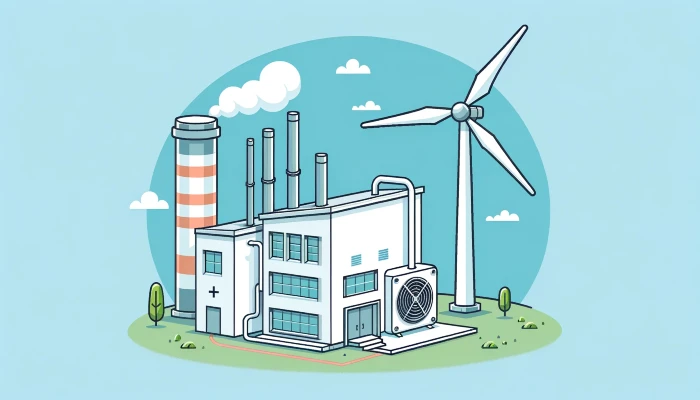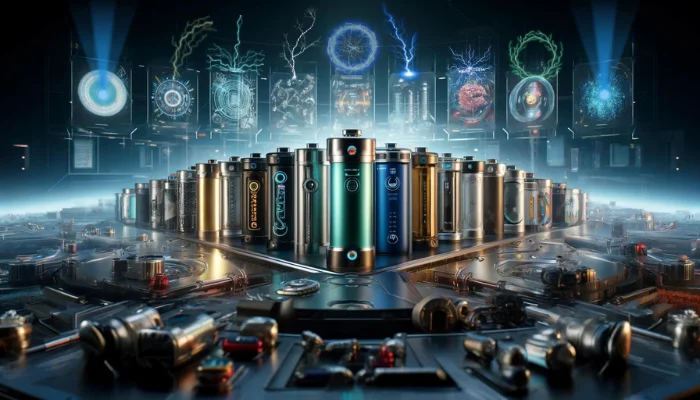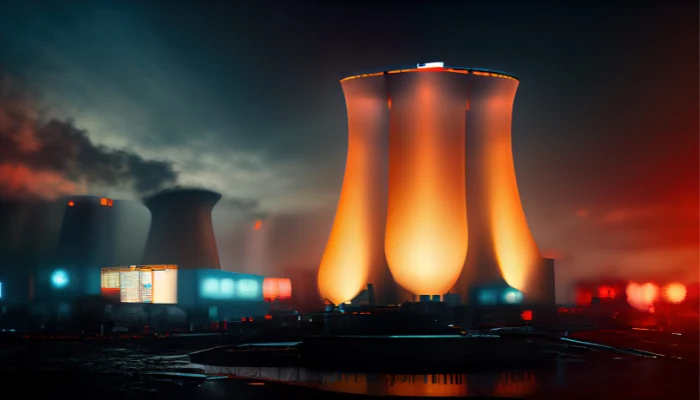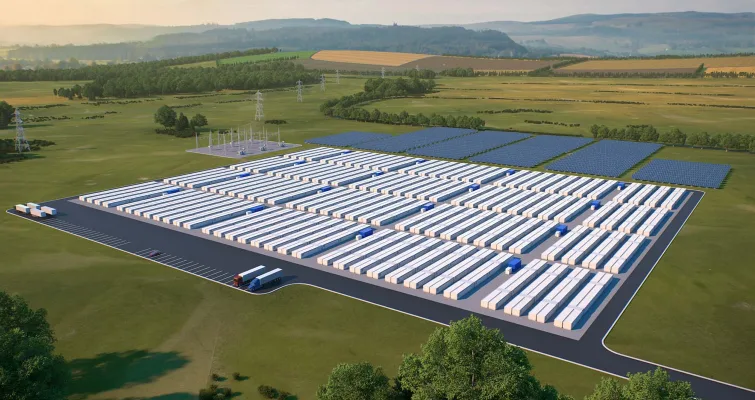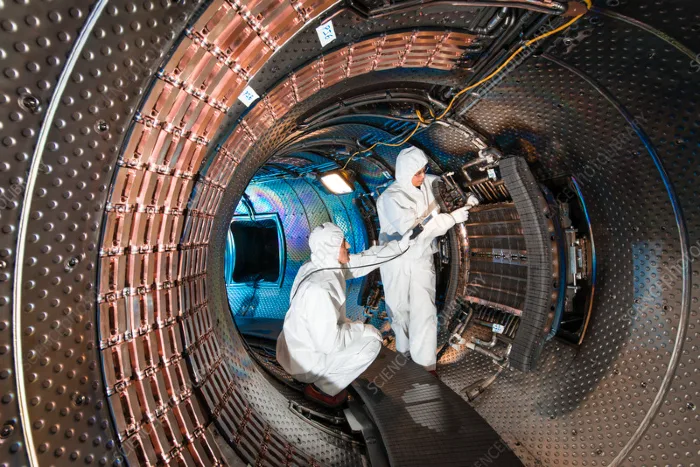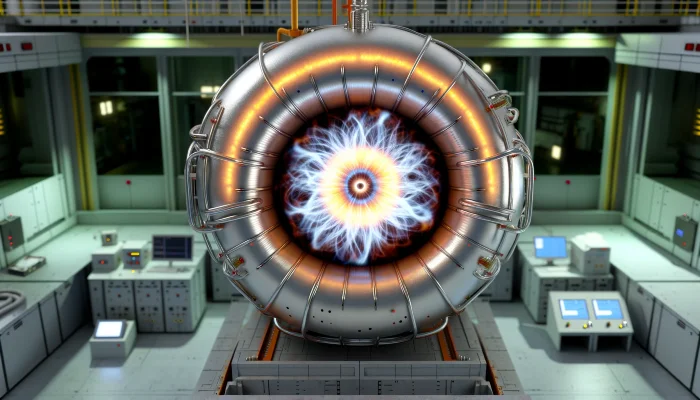The tides of energy consumption are shifting. Electric heat pumps are gradually phasing out fossil fuels in our homes and buildings, taking over tasks like heating, cooling, water heating, and even drying our laundry with electricity instead of oil and gas.
This change isn’t stopping at our private doorsteps; industries that have been notoriously difficult to decarbonize are next in line for an eco-friendly overhaul, with the US Department of Energy leading the charge.
Electric heat pumps, which Dakoa has extensively covered, are becoming increasingly common in US households, particularly in areas with milder climates. Thanks to recent technological advancements, heat pumps have now extended their reach to chillier regions as well. These advancements mean that heat pumps aren’t just for heating and cooling anymore; they’re also being used in hot water tanks, clothes dryers, and even electric vehicles.
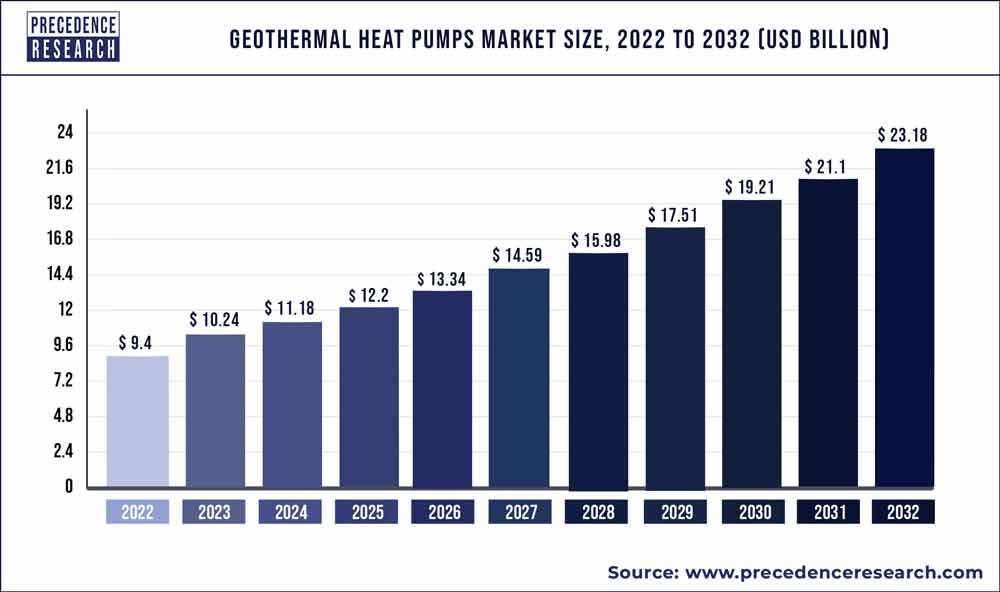
The Surge of Electric Heat Pumps
In a recent report by Air-Conditioning, Heating, and Refrigeration Institute, heat pumps have outperformed conventional furnaces for the second consecutive year. Although the total number of units shipped in 2023 dipped slightly, the shipment of heat pumps surged by 21% over gas furnaces, marking a significant increase from the 12% lead they held in 2022.
The shift is tangible.
This trend is expected to accelerate as the housing market rebounds. Installing heat pumps in new constructions is a relatively simple task. However, retrofitting them into older buildings can be financially daunting. Nevertheless, a new initiative spanning multiple states aims to bolster the adoption of this technology. Moreover, the financial incentives introduced by the 2022 Inflation Reduction Act are set to further facilitate the electrification of older homes, making a strong case for the widespread adoption of heat pumps.
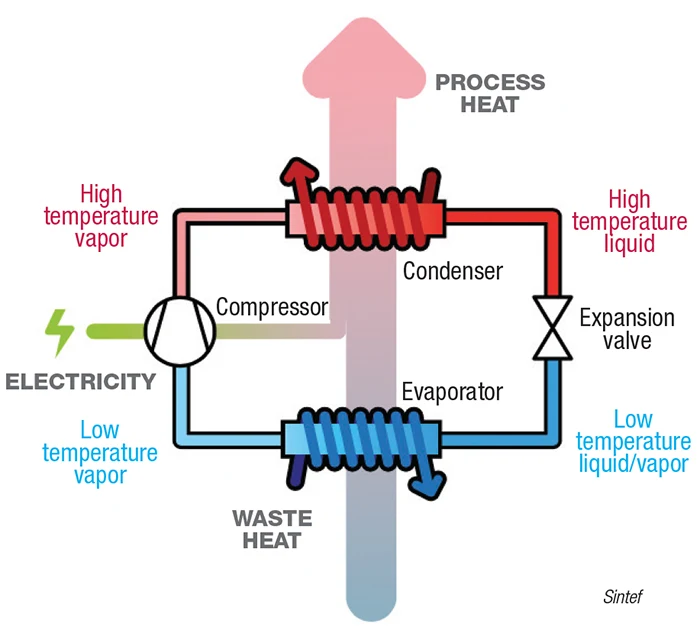
Energy-As-A-Service
The energy-as-a-service model could revolutionize how we adopt heat pumps, eliminating the daunting upfront costs. This model allows property owners to upgrade to energy-efficient systems without the financial strain, paying off the costs incrementally through savings on their utility bills.
Europe is leading with innovative companies like Aira, which offers air-to-water heat pumps on a subscription basis. This approach not only makes sustainable heating more accessible but also promises significant cost savings, with the potential to slash heating bills by up to 40% and reduce carbon emissions to zero when paired with renewable electricity sources.
Industrial Applications: Breaking New Ground
The real test, however, lies in industrial applications, where the demand for heat far surpasses that of residential needs. The US Department of Energy is spearheading efforts to adapt heat pumps for heavy industry, with significant investments aimed at developing systems capable of reaching higher temperatures.
Among the projects receiving funding, Echogen Power Systems stands out with its development of an air-sourced heat pump that could dramatically reduce carbon emissions in industrial settings. Similarly, Trane Technologies is working on a prototype that incorporates advanced technologies like phase change material for efficient thermal energy storage.
From Green Potato Chips to Decarbonized Steam Production
The initiative also extends to specific industrial processes, such as recovering waste heat from PepsiCo’s chip frying process. This project, led by the University of Texas at Dallas, aims to develop a “super condenser” capable of turning waste heat into a valuable resource, thereby replacing natural gas-burner heating technologies.
Moreover, the electric boiler firm AtmosZero and its partners are developing a system that produces both high-temperature steam and cooling, promising to replace fossil fuel-heated boilers entirely.
The Future of Heat Pumps
As heat pumps gain traction, the focus is also on developing better materials to enhance their performance. The University of Texas at Austin, for instance, received funding to develop a new material suitable for high-temperature operations, highlighting the ongoing innovation in this field.
Recognizing the potential of heat pumps, MIT Technology Review placed them in their 2024 list of breakthrough technologies. This acknowledgment underscores the growing consensus that heat pumps are not just a residential or commercial solution but a pivotal technology for decarbonizing industries.
More To Discover
Conclusion
The rise of electric heat pumps symbolizes a critical shift towards a more sustainable energy future. By transforming how we heat our homes and power industries, these devices are proving to be a cornerstone of the clean energy revolution. With continued innovation and supportive policies, the potential of heat pumps to contribute to global decarbonization efforts is boundless, marking a promising path away from fossil fuels towards a greener planet.







